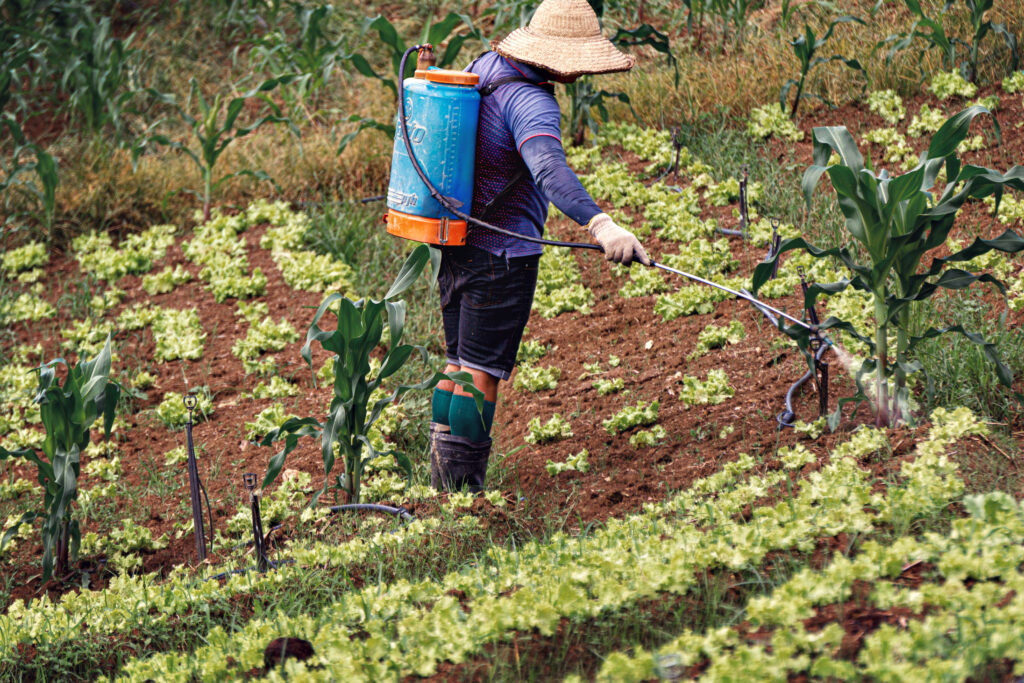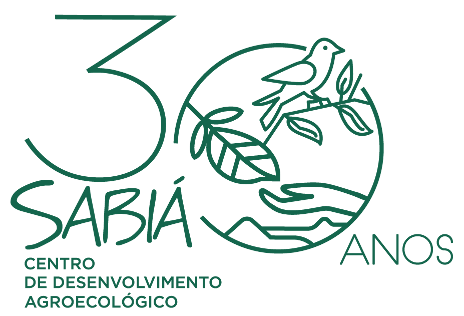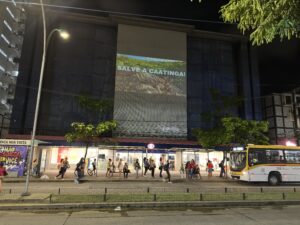Aerial spraying of pesticides is the subject of a public hearing in the Legislative Assembly of Pernambuco
Soil and food contamination and the consequent impact on people’s health will be some of the topics covered

The impacts of aerial pesticide spraying in Pernambuco is the subject of a public hearing held by the Agriculture, Livestock and Rural Development Committee of the Pernambuco Legislative Assembly (Alepe), chaired by deputy Doriel Barros, together with the mandates of Dani Portela (PSOL), João Paulo and Rosa Amorim (PT). The activity will take place next Tuesday (27/02).
The event is a partnership with the Articulation of the Brazilian Semi-Arid (ASA/PE) FETAPE, Casa da Mulher do Nordeste, Centro Sabiá, Comissão Pastoral da Terra (CPT), with the support of the German organization Misereor.
The aim of the hearing is to debate the current state of aerial spraying legislation in the state, given the strong impacts on people’s health and the contamination of food and the environment.
According to a technical note from the Oswaldo Cruz Foundation (Fiocruz), aerial application is a low-efficiency method, as there is no guarantee of successful spraying due to the high rates of product loss during the process. It is estimated that between 34.5% and 99.98% of pesticides are wasted as a result of this practice.
“The main issue we need to discuss is that aerial spraying ends up contaminating areas that were not initially planned, the so-called drift. Studies show that dispersion can occur up to a thousand meters from the target, which means it can reach schools, populations and homes. The biggest problem is that we don’t have control over the wind and the wind carries the poison everywhere,” warns Idê Gurgel, a public health researcher at Fiocruz, who is one of the speakers at the hearing.
In the Northeast, Ceará was the first state to abolish the practice of aerial spraying in 2019, in a decision later unanimously validated by the Federal Supreme Court (STF) in 2020 – the Zé Maria do Tomé Law (Law 16.820/2019).. Pernambuco is the third state with the most deaths from pesticide contamination in Brazil, which has become the largest consumer of this type of poison in the world. In absolute numbers, Recife was the city with the highest number of poisoning cases, with 938 notifications between 2019 and 2022.
“The great expectation with the public hearing is that we can move forward in this discussion so that we can make the deputies and the population aware of the need to institute a similar law in Pernambuco to protect life,” says the medical researcher.
The public hearing will be attended by representatives of the federal and state governments, researchers and representatives of the trade union movement, social movements and rural organizations. Rural urban farmers, students and activists from the agroecological movement will also be heard.
Service:
Public Hearing: Poison in the Sky is Poison on the Land – no to aerial pesticide spraying
When: February 27, 9:30 a.m.
Where: Ênio Guerra Auditorium, Pernambuco Legislative Assembly (Alepe)
Nothing found.




